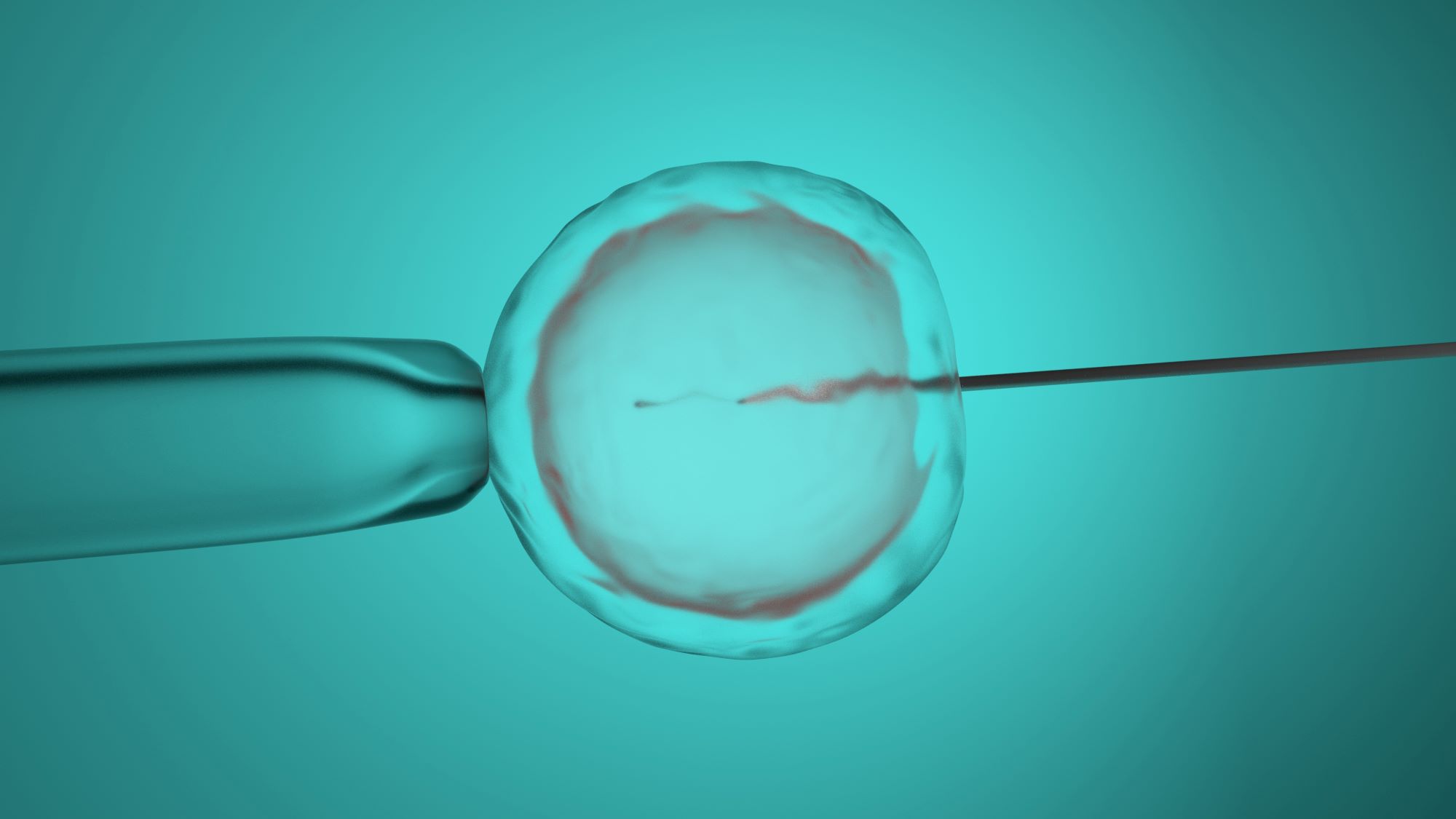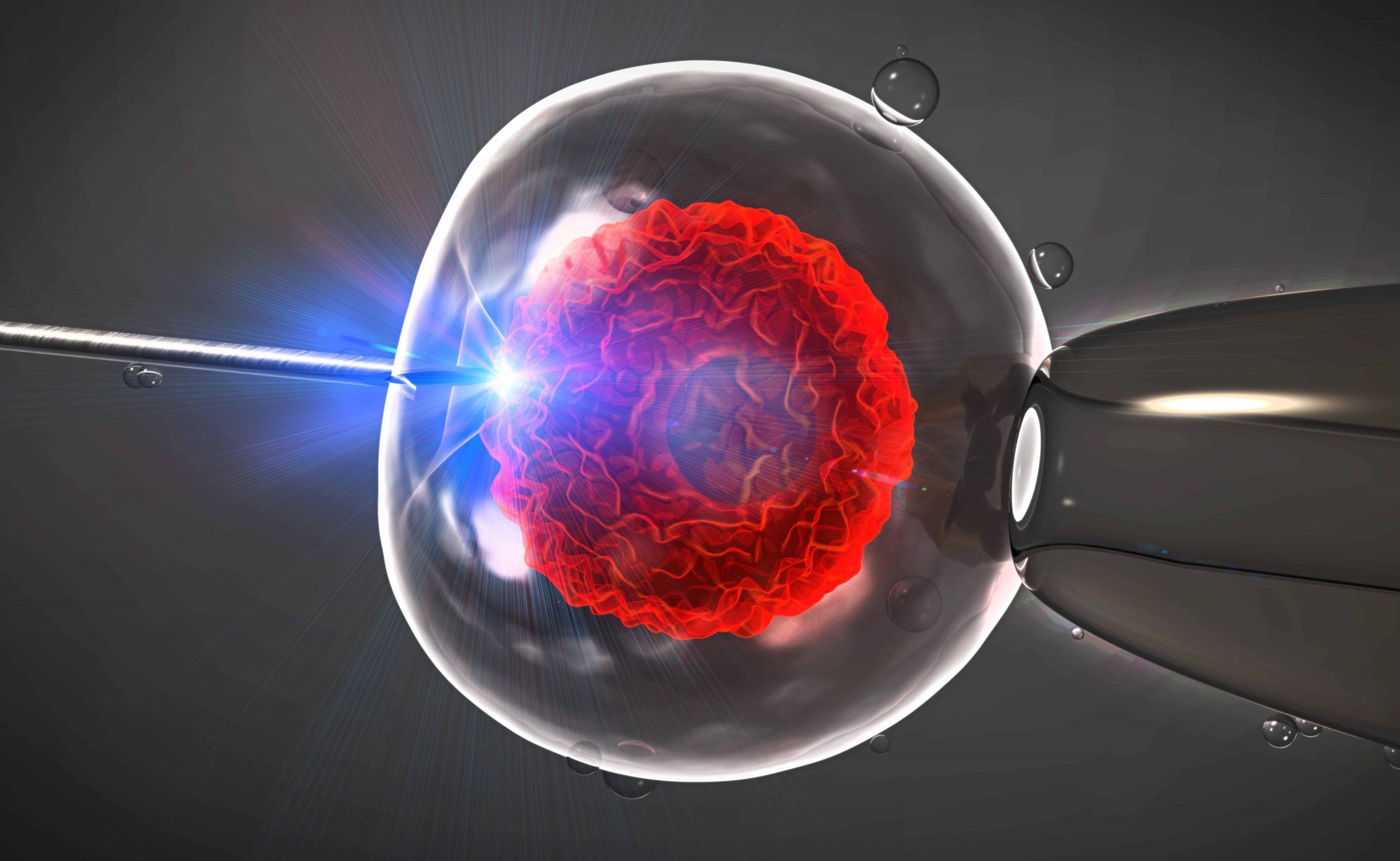English
繁體中文
简体中文

In a world captivated by the allure of cutting-edge technologies, the siren call of innovation often beckons people towards the newest offerings. But sometimes a scientific trial comes along and shows that under certain circumstances, conventional method still holds its ground. In the case of IVF treatment, researchers from CUHK and Queen Mary University of London recently discovered that contemporary time-lapse imaging (TLI) systems for monitoring embryo development do not outperform conventional methods.

Anticipating a newborn brings joy to parents but delays in marriages and childbirth planning make it harder to conceive successfully. Selecting a high developmental potential embryo is still the key to pregnancy even though assisted reproductive technology like conventional IVF has been advancing with time. CUHK researchers have recently developed a new predictive platform which helps doctor to select an appropriate embryo and devise transfer schemes to increase the rate of success.